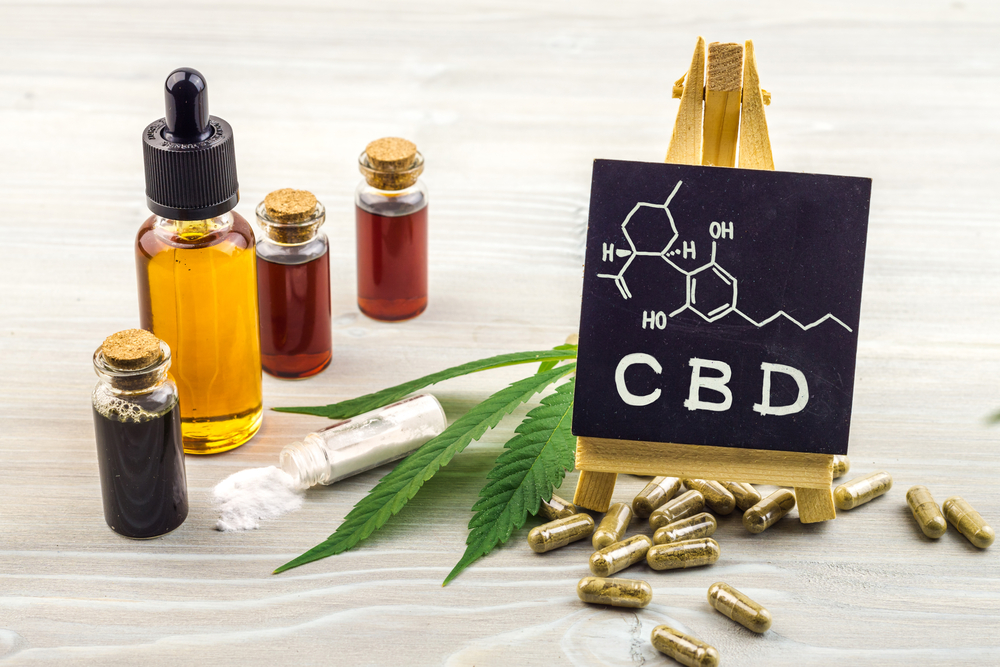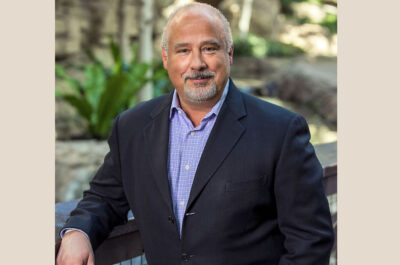
Check out this comprehensive review to discover the uses, types, potential benefits, legality, how full-spectrum CBD works, and how to choose it.
Full Spectrum CBD is a type of CBD extract that contains all the naturally occurring compounds found in the cannabis plant, including cannabinoids, terpenes, and flavonoids. It is derived from hemp plants, which have low levels of THC (less than 0.3%).
Unlike CBD isolate, which contains only CBD, full-spectrum CBD offers the potential benefits of the entire plant, resulting in what is known as the entourage effect.
We’ll explore the types, uses, potential benefits, side effects, and how to choose and use full-spectrum CBD oil.
The entourage effect: How full spectrum CBD works
When all the compounds in the cannabis seeds work together, they can produce a synergistic effect known as the entourage effect. This means that the combination of cannabinoids, terpenes, and flavonoids can enhance the therapeutic properties of CBD.
Each compound interacts with the body’s endocannabinoid system (ECS) in different ways, potentially leading to a more comprehensive range of benefits.
Full spectrum vs. broad spectrum vs. isolate
The three main types of CBD available on the market are full-spectrum CBD, broad-spectrum CBD, and CBD Isolate. Each type has its unique properties and benefits:
- Full Spectrum CBD contains all the compounds naturally found in the cannabis plant, including small amounts of THC. These products are believed to benefit from the entourage effect, potentially offering enhanced therapeutic benefits.
- Broad Spectrum CBD also contains several cannabis plant compounds but is typically entirely free of THC. It still offers many of the same benefits of Full Spectrum CBD without the potential effects of THC used in THC carts.
- CBD Isolate is the purest form of CBD, containing no other cannabis plant compounds. It may be the preferred choice for those wanting to avoid THC entirely or those who need precise dosing.
Benefits of full spectrum CBD
Full Spectrum CBD has been associated with a variety of potential health benefits:
- Pain relief: Some research suggests that Full Spectrum CBD may help alleviate chronic pain due to its interaction with the body’s endocannabinoid system.
- Reduced inflammation: CBD is known for its anti-inflammatory properties, which may assist in reducing inflammation in the body.
- Anxiety and depression relief: Full Spectrum CBD may help reduce anxiety and depression symptoms, acting as a potential natural remedy for these common mental health disorders.
- Improved sleep quality: By addressing issues like anxiety and pain, Full Spectrum CBD may also contribute to improved sleep quality.
- Neuroprotective properties: Some studies suggest that CBD may have neuroprotective properties, potentially benefiting those with neurological disorders.
Potential side effects of full spectrum CBD
While full-spectrum CBD is generally well-tolerated, some individuals may experience side effects. These can include:
- Dry mouth
- Drowsiness
- Changes in appetite
- Diarrhea
It’s important to start with a low dosage and gradually increase as needed to minimize the risk of side effects. If any adverse reactions occur, it’s recommended to discontinue use and consult with a healthcare professional.
How to use full spectrum CBD
Full-spectrum CBD is available in most weed edibles in different forms, including CBD oil, tinctures, capsules, edibles, topicals, and more. The best method of consumption depends on personal preference and the desired effects. Here are some common ways to use full-spectrum CBD:
- Sublingual administration: Place a few drops of CBD oil or tincture under the tongue and hold for 30-60 seconds before swallowing.
Oral consumption: Take CBD capsules or edibles, such as CBD gummies or candies, which provide a convenient and discreet way to consume CBD.
Topical application: Apply CBD-infused creams, lotions, or balms directly to the skin to target localized areas of pain or inflammation.
Inhalation: Use vaporizers or vape pens to inhale CBD-infused e-liquids or concentrates. This method provides quick absorption but may not be suitable for everyone.
Dosage and frequency of use vary depending on individual needs and the concentration of CBD in the product. It’s recommended to start with a low dose and gradually increase until the desired effects are achieved.
How to choose and use full spectrum CBD products
When choosing full-spectrum CBD products, it’s important to consider the following factors:
- Source and quality: Look for products made from organically grown hemp and third-party tested for purity and potency.
- THC content: Check the THC content to ensure it complies with legal limits and suits your preferences.
- Extraction method: CO2 extraction is considered the gold standard, as it ensures a clean and pure CBD extract.
- Lab testing: Look for products that have been tested by independent laboratories and check the certificate of analysis (COA) for verification.
To use full-spectrum CBD products effectively, follow the manufacturer’s dosage instructions and start with a low dose. It’s also important to be consistent with usage to allow the CBD to build up in your system over time.
Legal status of full spectrum CBD
The legal status of full-spectrum CBD varies from country to country and even within different states or regions. In the United States, hemp-derived CBD products with less than 0.3% THC are federally legal.
However, state laws may vary, so it’s important to check local regulations before purchasing or using full-spectrum CBD.
What is full spectrum CBD: Final word
Full-spectrum CBD offers the potential benefits of cannabis plants, thanks to the entourage effect. However, it’s important to consider individual preferences, health conditions, and legal regulations when deciding whether full-spectrum CBD is right for you.
Consult with a healthcare professional before starting any CBD regimen, especially if you have underlying health conditions or are taking medication.
They can help determine the appropriate dosage and provide guidance based on your specific needs.



































































































































